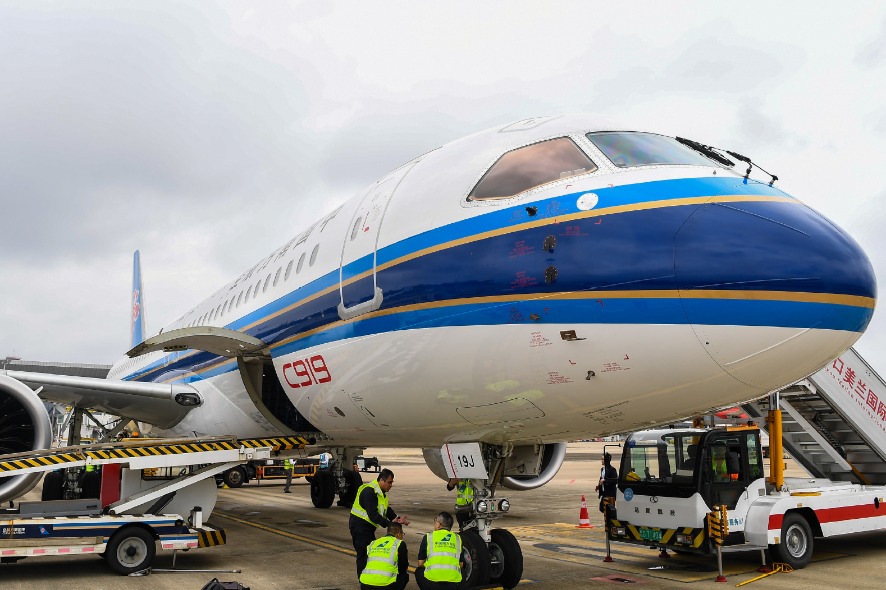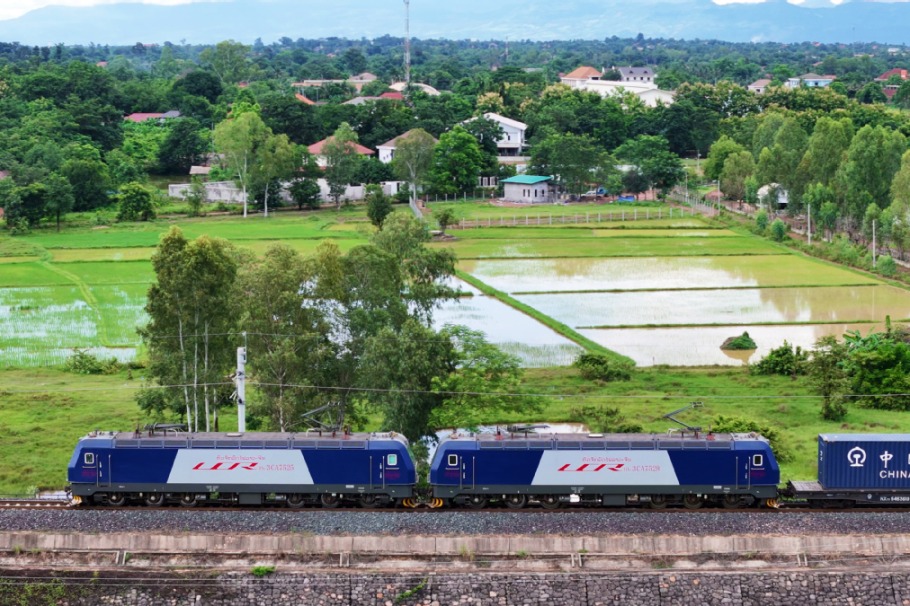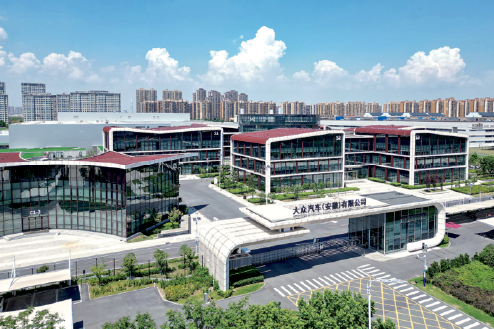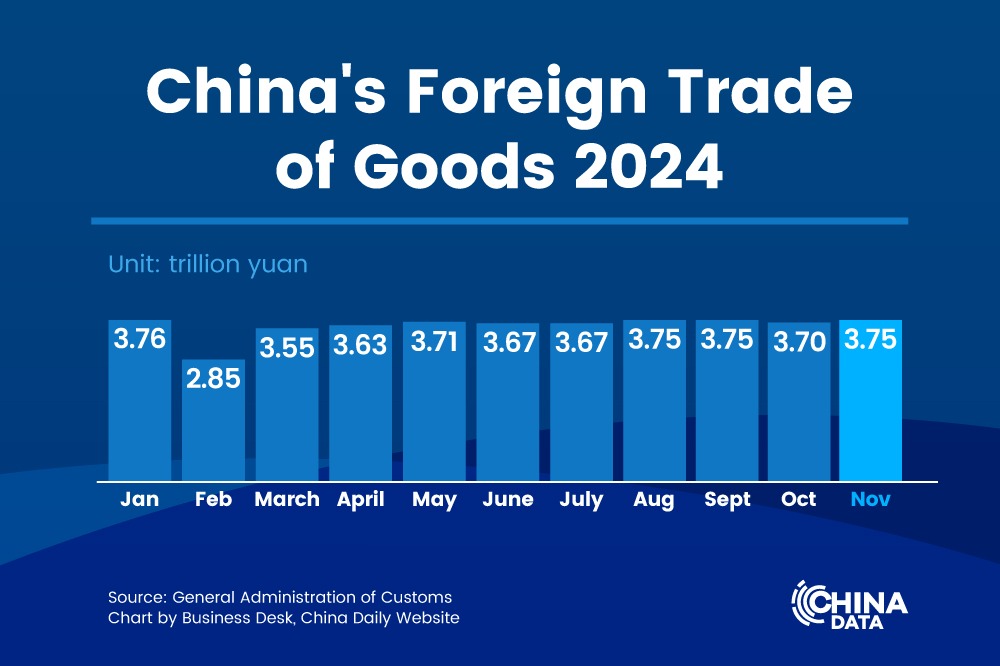China initiative could be 'as significant as EU'

Leading international relations expert Wang Yiwei believes China will push forward a new model of globalization at a major forum to be held in Beijing next month.
The director of the School of International Studies and the Center for EU Studies at Renmin University of China believes the case will be made for a more connected world.
World leaders will descend on the capital for the Belt and Road Forum for International Cooperation, set for May 14 and 15.
"It will be a landmark event for the Belt and Road Initiative, which will enter its 2.0 phase. The mechanisms will be created to put forward a new type of globalization," he says.
The initiative was launched by President Xi Jinping at the end of 2013 and has resulted in China forging a series of bilateral partnerships with countries, particularly related to infrastructure.
"China has signed bilateral international capacity cooperation agreements with more than 40 countries. This was its 1.0 phase with just China as the hub," he said.
Wang, 45, who was speaking at his office at the prestigious Beijing university, said the challenge of the forum will be to move away from this and put in place an institutional framework for the initiative that will set it on its future course as a multilateral entity.
"The purpose of the forum will be to draft the necessary mechanism so that the initiative is sustainable in the longer term. It needs to move from being largely bilateral to multilateral. Countries should be able to participate in the initiative without China necessarily being involved."
Wang believes the initiative could prove to be as important as the creation of the European Union by its principal architect Jean Monnet in 1958. (It was originally known as the European Economic Community.)
"The Belt and Road Initiative could actually be as important as the European Union. I think it could be that significant. There has never before been such ambition to achieve such global connectivity," he said.
Wang, who is the author of The Belt and Road Initiative: What Will China Offer the World in Its Rise, one of the few books in English about the initiative, says Xi transformed the debate about how countries work together when he defended globalization at the World Economic Forum in Davos, Switzerland, in January.
Wang believes the existing version of globalization has not served a large proportion of the world's population very well, and China's version, with a focus on infrastructure is likely to prove more beneficial, to many around the world who are currently in poverty.
"This is real globalization. Under America's version of globalization, 1.3 billion people-or one-fifth of the world's population-are without electricity, including 300 million people in India alone," he said.
China's globalization "is based on more equal cooperation", and features a focus on South-South cooperation between developing countries, including itself, he said.
The son of teachers from a village in rural northern Jiangxi province in East China, Wang first studied environmental engineering at East China University of Science and Technology.
He switched to international politics and relations at Fudan University in Shanghai, where he received both his master's degree and doctorate before receiving a Fox International Fellowship to study at Yale University in the United States for a year.
He held a number of academic positions in South Korea and China before joining Renmin University in 2013.
He is also the author of 15 books, including Haishang: Revelations on European Civilization, which he launched at the London Book Fair last year.
Wang has also served as a Chinese diplomat, having been scholar-in-residence at the Chinese Mission to the EU for three years.
He believes Europe could play a role in the Belt and Road, but he is concerned about the continent's struggles.
"Britain had the first maritime silk road and colonized the world. The country has exported its legal and political system and even its customs around the world. It is a country that knows the world better than China and also the United States."
Wang said many of the initiative's projects are tangible, such as the railway from Mombasa to Nairobi, Kenya.
"I visited that, and it is an attempt to recreate the same economic success as the Shanghai Yangtze River economic delta in East Africa. The Kenyan president goes to the Mombasa port every three months and says he is eager to copy the China model," Wang said.
The port is being built by the State-owned China Road and Bridge Co.
- China's petroleum university to aid energy cooperation along Belt and Road
- China's Belt and Road Initiative can contribute to global development agenda: UN
- Belt and Road 'huge opportunity' for China, world: Experts
- China's Belt and Road Initiative ushers in 'Globalization 2.0': Experts
- Belt and Road initiative provides strong support for UN 2030 goals




































